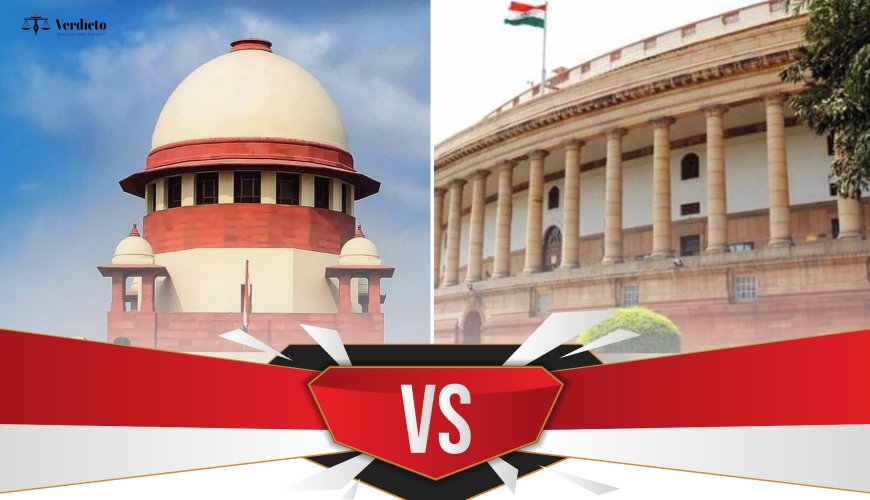Explainer: Article 143 and the President’s Request for Supreme Court’s Opinion on Governor Bill Delays
The President of India has invoked Article 143 of the Constitution to seek the Supreme Court’s opinion on whether Governors can indefinitely delay assent to state bills. This rare move raises critical questions about the balance of power in India’s federal structure.

Explainer: Article 143 and the President’s Request for Supreme Court’s Opinion on Governor Bill Delays
Why is Article 143 in the news?
Recently, the President of India invoked Article 143 of the Constitution to seek the Supreme Court’s opinion on a matter of significant constitutional and federal concern—whether the President and Governors can be bound by timelines to act on Bills passed by state legislatures. This follows a Supreme Court ruling which suggested there should be reasonable time limits for such assent or action, raising questions about executive discretion and legislative efficiency.
What is Article 143?
Article 143 of the Indian Constitution grants the President the power to consult the Supreme Court on questions of law or fact of public importance. It has two key clauses:
-
Article 143(1): Allows the President to seek the Court’s opinion on any important question of law or fact.
-
Article 143(2): Enables the President to refer disputes between states and the Centre—especially those mentioned in Article 131—for the Court’s opinion.
Importantly, under Article 143(1), the Supreme Court’s response is advisory, not binding. It is up to the President and the executive to act on it, but the opinion carries great legal and moral weight.
Why is Article 143 being used now?
The Supreme Court’s recent ruling aimed to ensure that Governors and the President act on state-passed Bills within a reasonable timeframe, promoting legislative efficiency and cooperative federalism. Instead of filing a review petition—which is the conventional method to contest a judicial verdict—the Union government has requested an advisory opinion via Article 143.
Critics argue this move may be a way to seek clarification without directly challenging the verdict, possibly to keep options open politically and constitutionally.
Can Article 143 overturn a Supreme Court verdict?
No. Article 143 does not give the President or the Supreme Court the power to overturn a judgment that has attained finality. It only allows the President to seek advice, not annul or amend a decision. The verdict remains the law of the land unless reversed through a proper review or curative petition under Articles 137 and 142.
What’s the way forward?
The Supreme Court now holds the reins. It can choose to offer a detailed advisory opinion, decline to entertain the reference, or recommend further judicial clarity through other legal routes. The move highlights growing tensions around Centre-state relations, gubernatorial discretion, and legislative accountability.
The larger question remains: Should constitutional functionaries be time-bound in their roles to ensure democratic responsiveness? That’s a question the judiciary—and the nation—must carefully deliberate.
What can be way forward
It’s up to Supreme Court to decide which way the camel will sit. Ball is in Supreme Court court.
Author -
Raj Gupta







